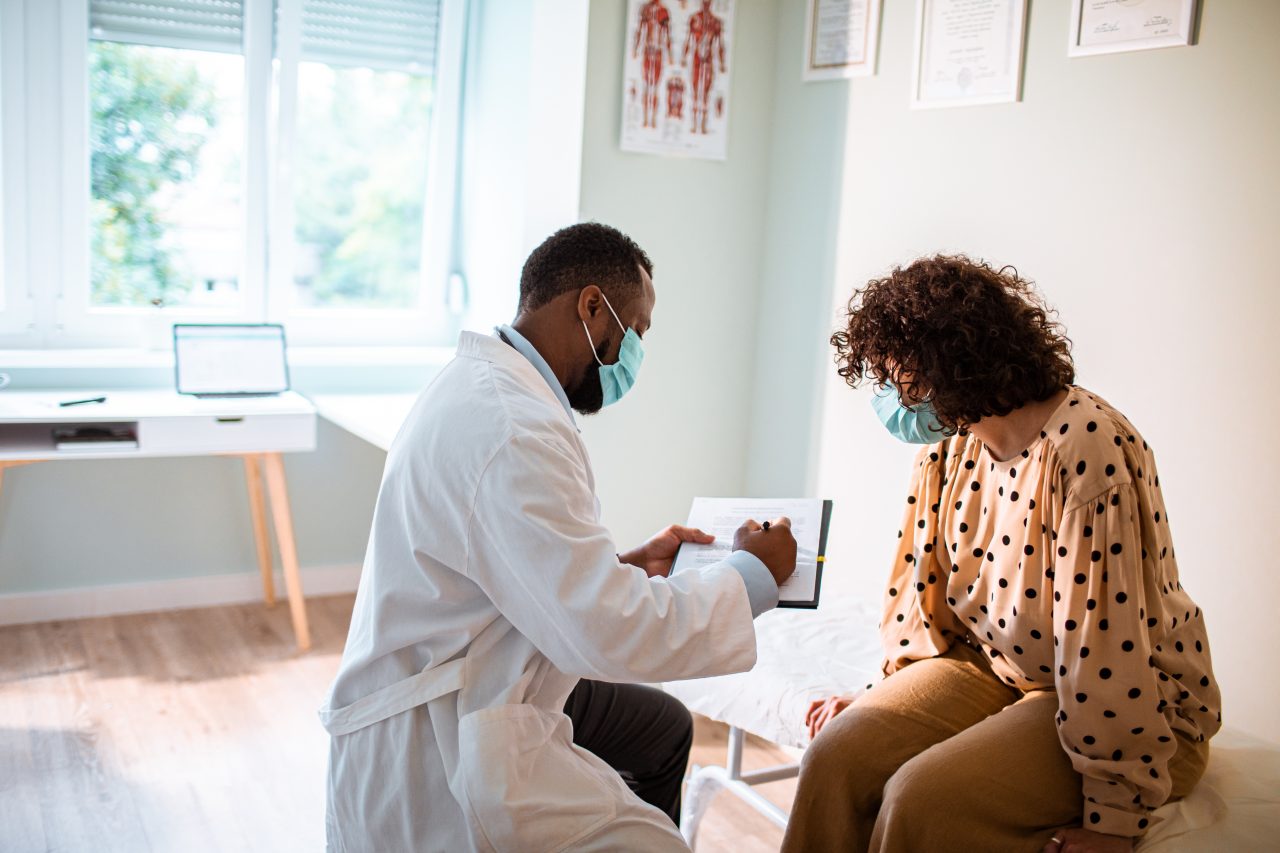An integral part of my practice is working with my patients to optimize their health, helping them to eat better, exercise regularly and get enough sleep. During the COVID-19 pandemic, these preventative health measures have taken on a new significance.
Never before has the link between our actions and our health been clearer. When we wash our hands and wear a mask, we protect ourselves and those around us from a highly contagious virus. Similarly, the foods we eat, the sleep we get and the activities we do, all help boost our immune systems and contribute to our wellness.
Keeping up with healthy habits can be difficult during the best of times, let alone during these days of heightened anxiety. My patients have the advantage of access to Hoag Health Center Foothill Ranch, which clinically integrates health and wellness by merging primary care and other services with prescribed personalized wellness plans.
But even without health coaches, comprehensive wellness programs and a Biocircuit Studio at the ready, people can take charge of their health during these challenging days.
Take breaks
Most people who now find themselves telecommuting say they don’t miss their daily drive. But for many of us, driving provided one of few breaks we had between the responsibilities of home and the demands of work.
Without that mental separation, telecommuters are finding themselves working more hours, eating more and even drinking more alcohol than they had in the past. This is largely because work-from-home schedules don’t allow time for people to deflate and reset.
So, create that time. Go for a walk around the block every morning, talk to a friend who makes you laugh every afternoon, meditate every evening. Do something that will rejuvenate and refresh you.
Plan Your Meals
Meal planning is extremely valuable at this time, when stress has driven up snack food consumption and access to home pantries have caused many to gain what some people are calling the “COVID 19.”
By planning meals ahead of time, you can be more aware of the colors, nutrients and vitamins in any given meal. This will help you make healthier food choices, while streamlining grocery store trips.
Get Your Sleep
Sleep is the unsung hero of health. Adequate sleep helps to regulate stress hormones, strengthen the immune system and contribute to healthier weight. Because anxiety contributes to sleep disruptions, I recommend to my patients that they stop following the news after 5 p.m. Give your mind time to cool off from the blue light of TV and computer screens and from processing stressful data.
Move Your Body
Gym closures and social distancing requirements make it difficult to get our usual workouts, but that doesn’t mean we can’t get outside and move. Running, biking, hiking and other safe, outdoor activities can help us get our heart rates up. Even walking for a half hour a day has been proven to help people lose or maintain weight, while lowering blood pressure and cholesterol.
Give It 30 Days
Healthy habits are built slowly. Start by making a few meals in a row that involve chopping fruits or vegetables. Then incorporate a family hike or solo bike ride. Find a way to be useful to your family or your community. Put away devices a few hours before bed – and go to bed at a consistent hour every night. Eventually, these small changes turn into healthy habits.
Before the pandemic, when patients presented with slightly elevated blood sugar or high cholesterol, I would ask them to try to improve their health without medications by taking 30 days to shift their habits. Often, that was all it took to set them on a path to wellness.
These days, the demands of round-the-clock childcare, cooking, cleaning and telecommuting have created new stresses for many people. But the same 30-day approach seems to work. Take it slowly, know that we are all going through these difficult days – and that we will all get through it. Healthier.



